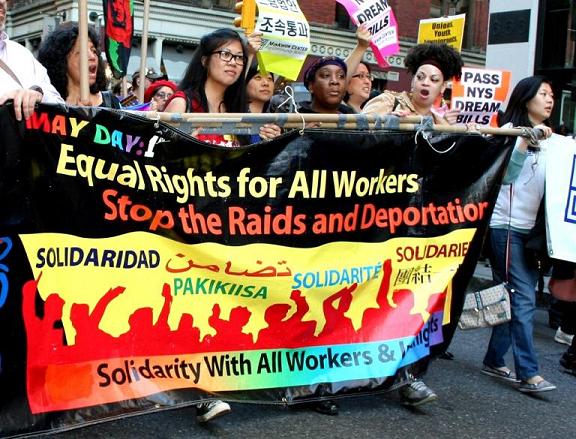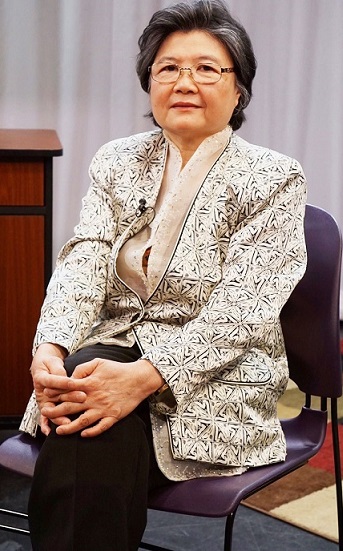China’s leaders focused on internal infighting, not on Scarborough
By Dean Cheng
American policymakers would do well to keep a close eye on the latest developments in the South China Sea involving China and the Philippines, a formal U.S. security treaty ally. It could have major implications for the U.S.
Since early April, Chinese and Philippine government ships have been confronting each other off Scarborough Shoal in the South China Sea. The shoal, 124 nautical miles from the main Philippines archipelago, is distinct from the dispute over the Spratlys several hundred miles to the south.
The current confrontation first arose when the Philippine navy began to arrest Chinese fishing boats involved in harvesting protected marine life. The Chinese countered with a number of fisheries protection vessels, as well as additional fishing boats. For its part, the Philippines withdrew its naval vessel for replenishment and, in a diplomatic gesture to avoid escalation, determined not to send it back. It is now represented at the shoal by only civilian government vessels.
The South China Sea is rife with disputes over sovereignty. China, Taiwan, and Vietnam dispute the Paracel islands; there are six claimants to the Spratlys (Brunei, China, Taiwan, Malaysia, the Philippines, and Vietnam). In general, these disputes have been fairly low-key, although in 1988, China sank three Vietnamese freighters to underscore its claims.
But several recent developments suggest that the Scarborough Shoal situation could be much more dangerous. China, the fourth largest source of tourists to the Philippines, has halted tours and called upon Manila to safeguard the safety of those Chinese tourists already in the archipelago. At the same time, the Chinese have begun to quarantine shipments of Philippine bananas on the grounds that they may be carrying agricultural pests.
Neither of these developments might be directly linked to the Scarborough Shoal situation, but they smack of an attempt to bring China’s economic power to bear on a diplomatic cause—similar to the heavier-handed economic measures the Chinese took against Japan during the 2010 Senkakus/Diaoyutai incident. At that time, China cut off all shipments of rare earth minerals to Japan, seeking to exploit its dominant position in that market.
Thus far, the Chinese navy has not played a direct role—the Chinese vessels have all come from civilian agencies. But China has assets at sea, including a naval task force comprising two guided missile destroyers, two frigates, and an amphibious ship operating near Okinawa on exercises. Any diversion of this force to Scarborough Shoal would constitute a major escalation of the situation.
With the Chinese leadership focused on their internal succession struggles, to the point of possibly delaying this fall’s Party Congress (when the new leadership will be officially announced), few senior leaders are likely devoting their full attention to this situation. Recent reports that head of internal security Zhou Yongkong has been forced to relinquish his powers as part of the ongoing Bo Xilai drama only further underscores how many things are on Chinese leaders’ plates—and therefore how little attention they may be paying to this.
Given the internal political situation, though, it is unlikely that anyone would be willing to appear “weak” by being conciliatory. This may explain the Chinese rejection of the Philippine proposal for arbitration of the dispute under the Law of the Sea Treaty, which both Manila and Beijing have signed.
One would hope that both parties to the dispute at Scarborough Shoal find a peaceful, face-saving way to back out of this crisis. But it bears watching by American policymakers in case this does not prove to be the case.
Dean Cheng is research fellow in Chinese Political and Security Affairs in the Asian Studies Center at The Heritage Foundation.











